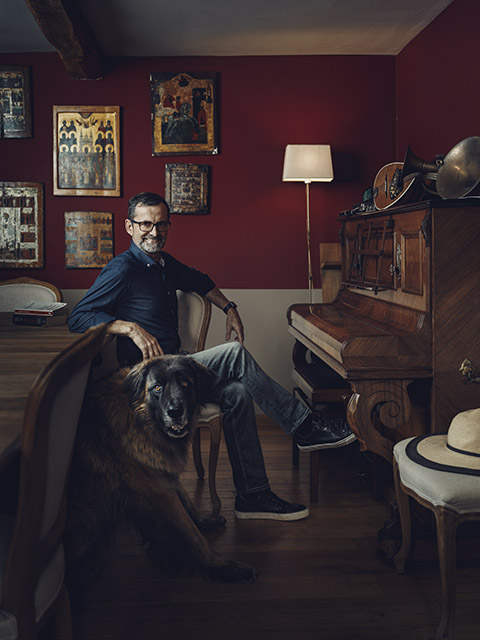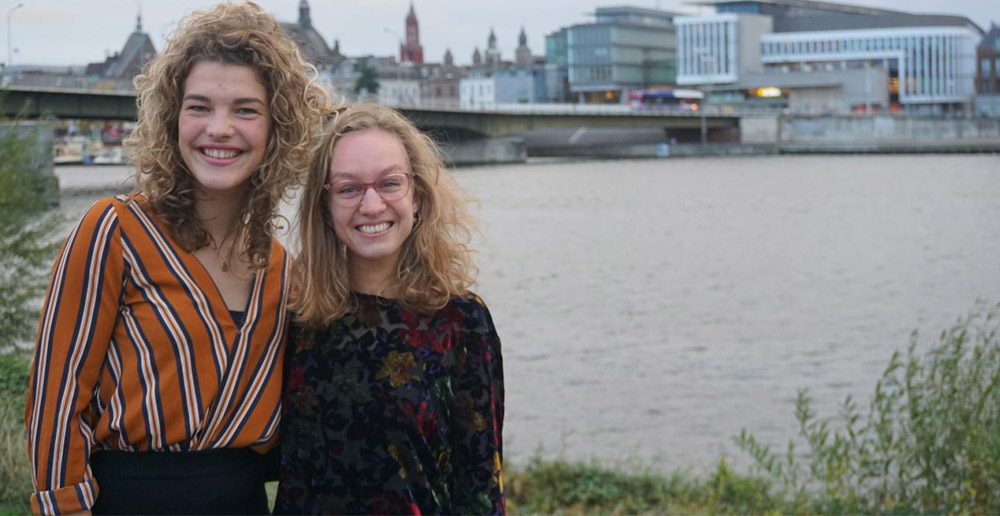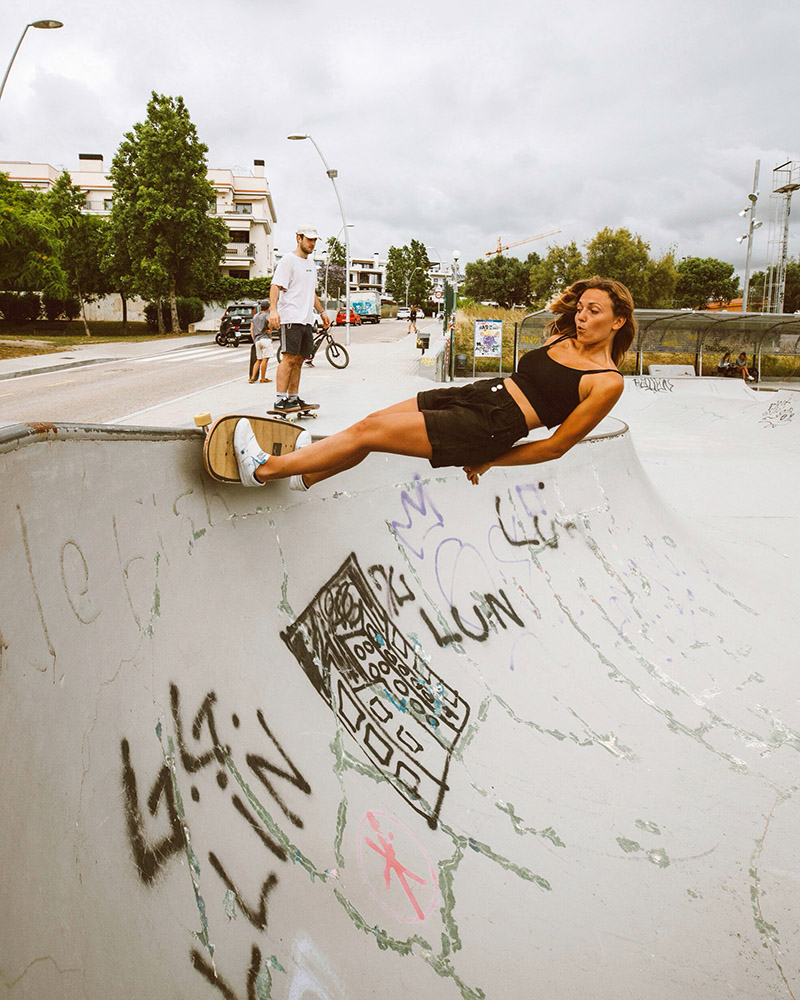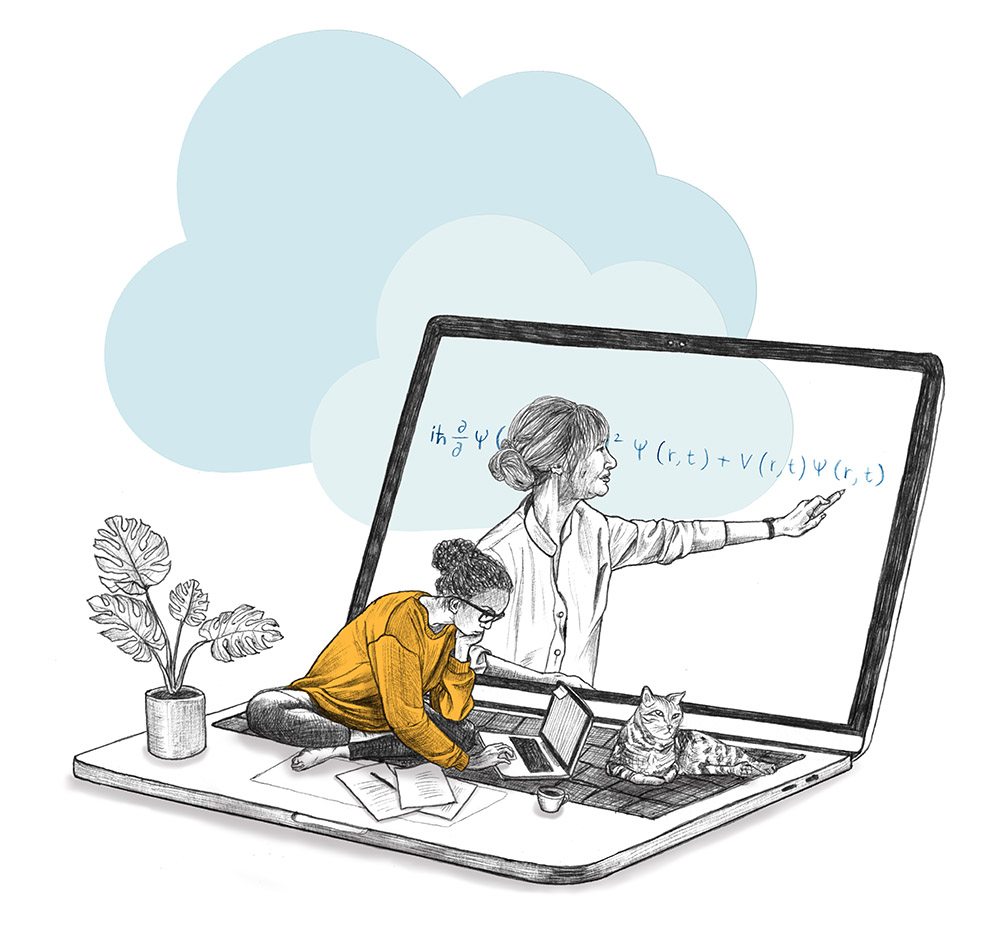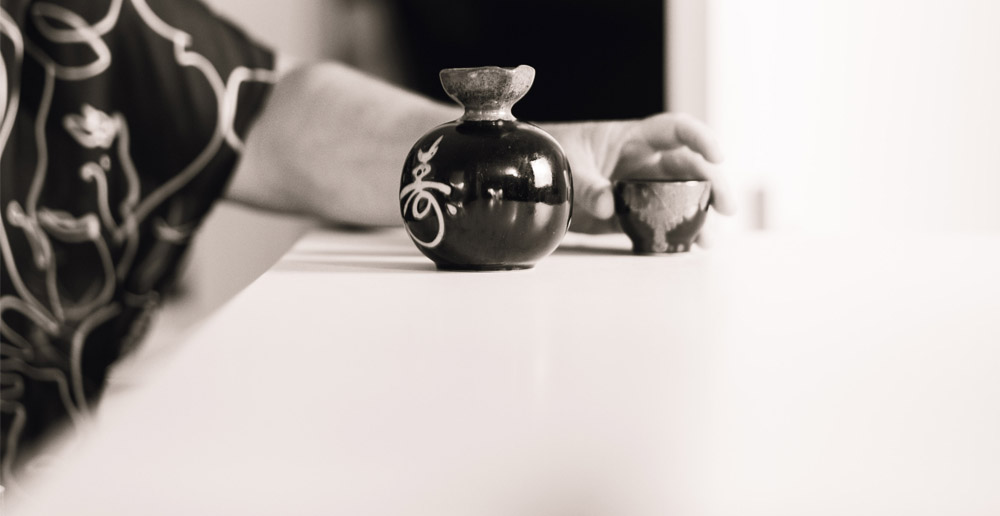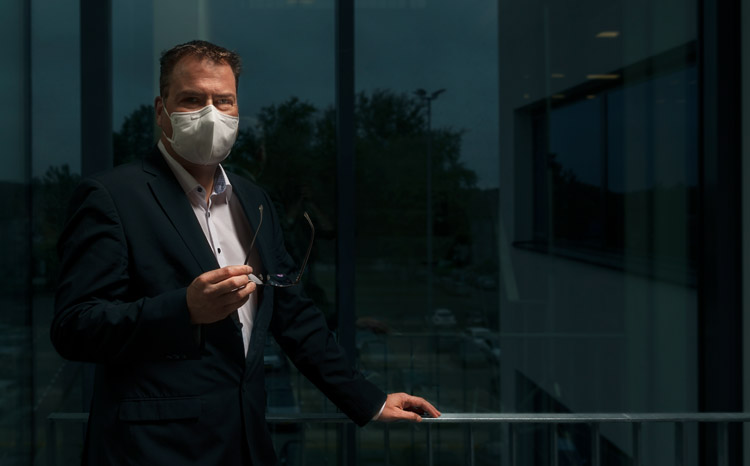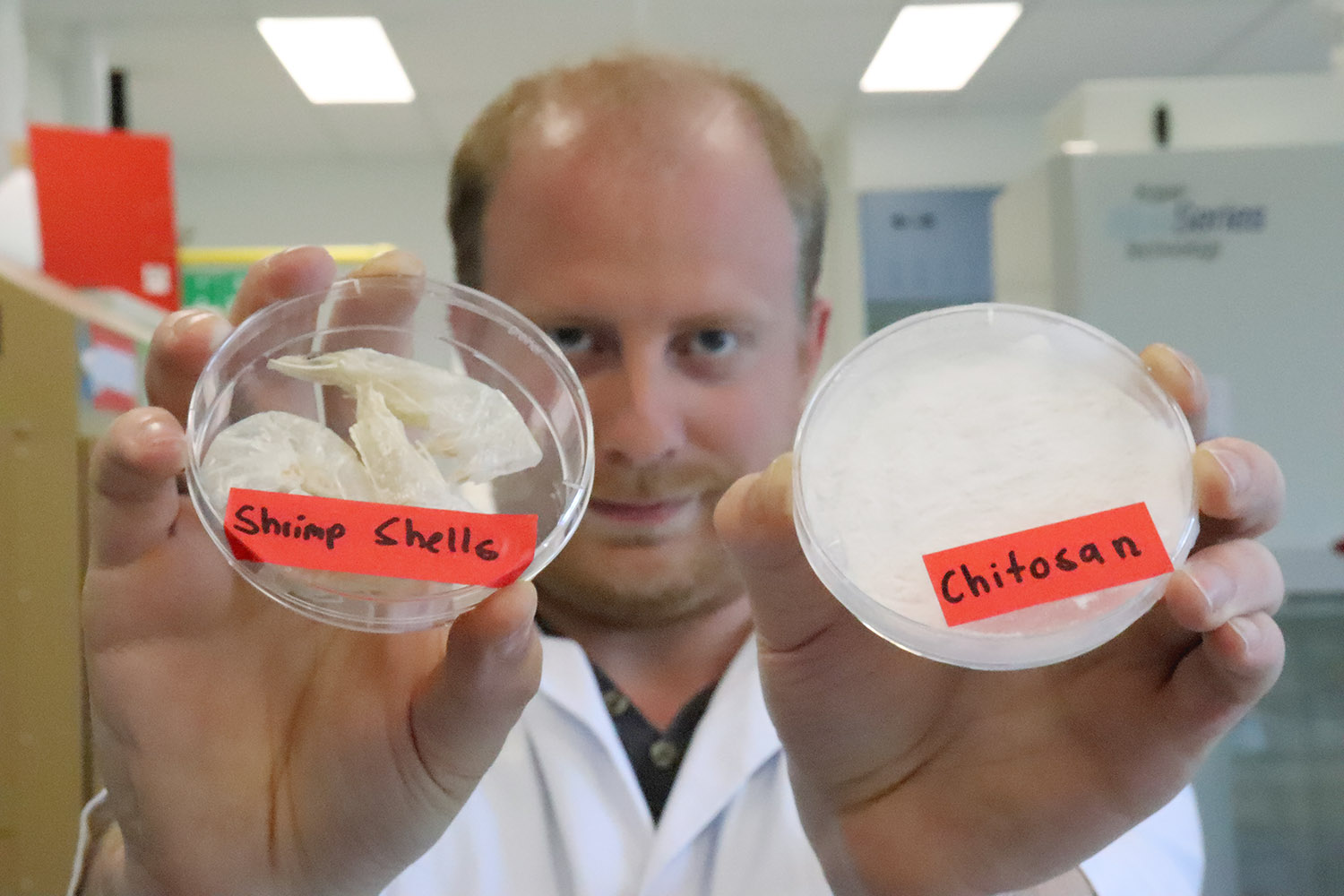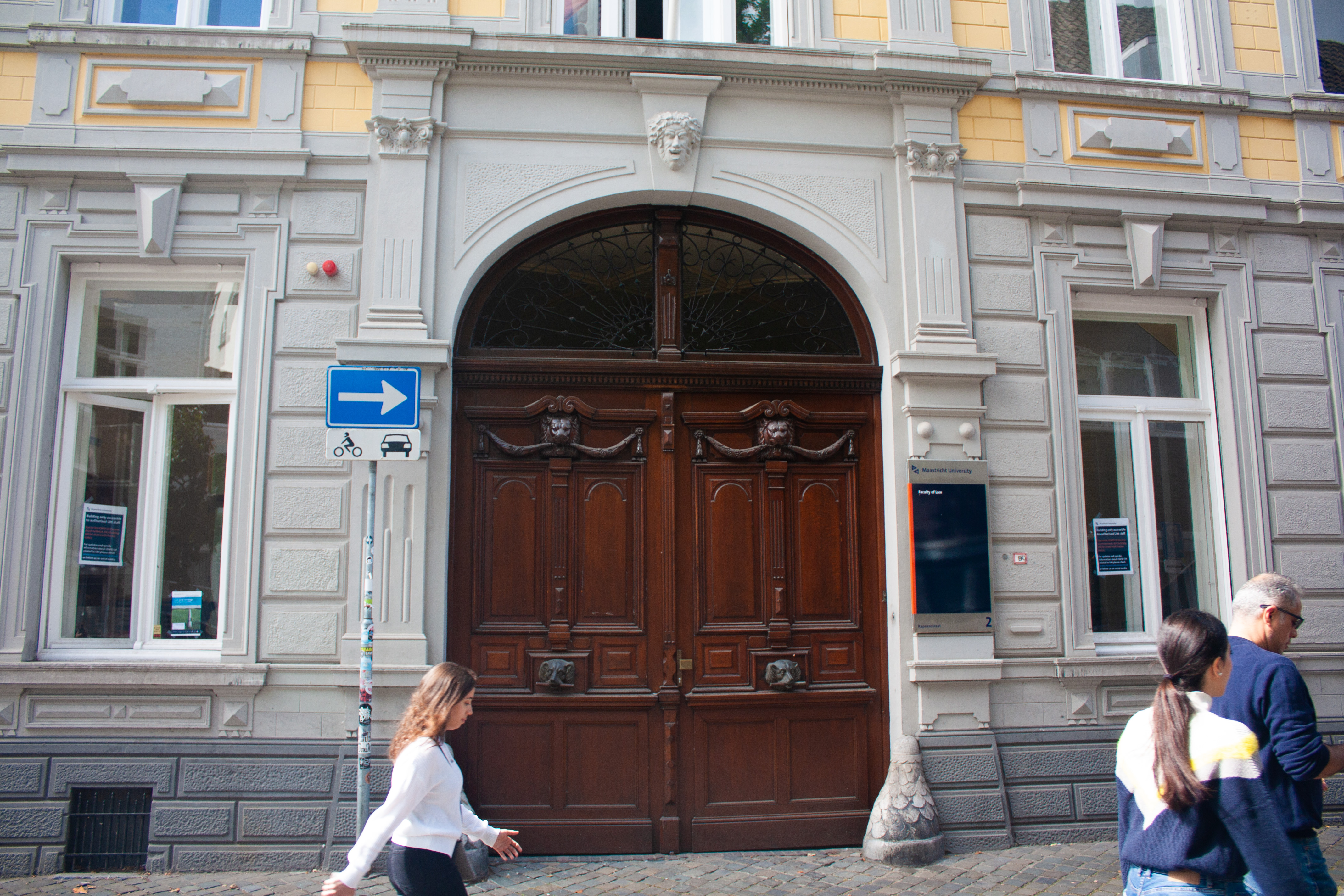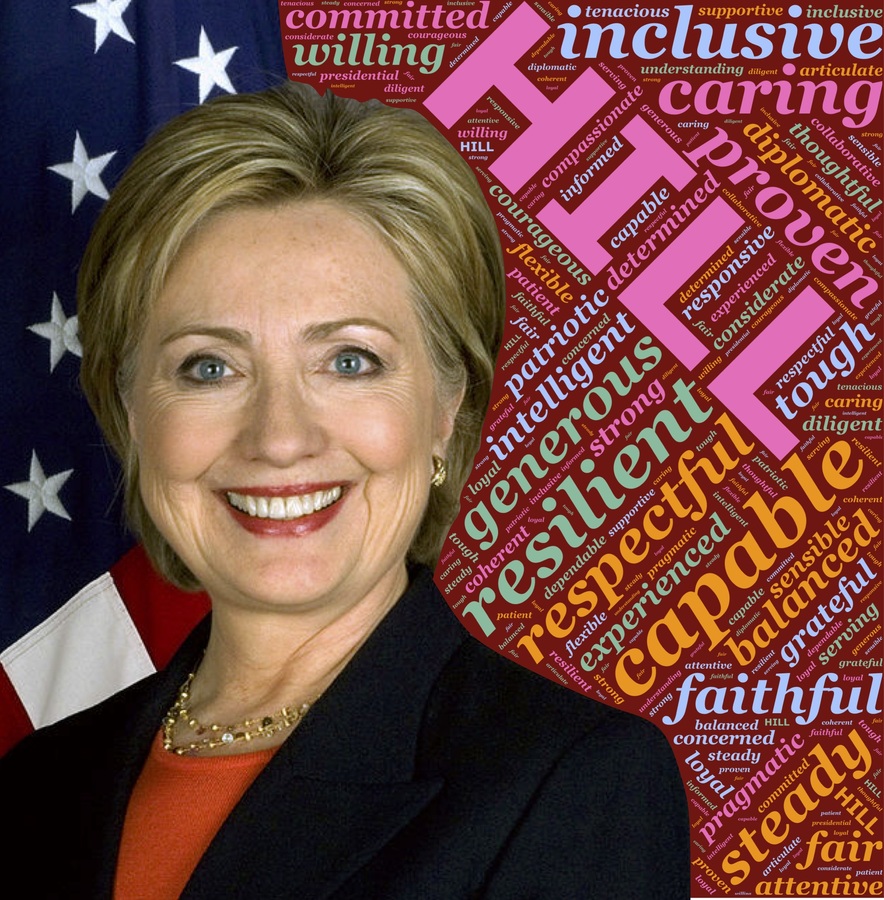News
-
A radiation oncologist by training, Philippe Lambin does not limit his research to a single disease. His latest achievement: three European grants for his research on COVID-19.
-
In 2016 Marta Dávila Mateu, now a graduate of Data Science and Knowledge Engineering, moved to Maastricht, a city completely unknown to her. Her choice turned out to be a double-edged sword. She found the lack of skate culture depressing, but enjoyed her studies, especially the focus on the...
-
The outbreak of COVID-19 meant that, as of mid-March, education at UM suddenly had to be offered entirely online. Together with their team, Nicolai Manie, programme manager for online education, and Simon Beausaert, associate professor of Workplace Learning, faced the almost impossible task of...
-
A peek inside the kitchen of Annemie Schols
-
Christian Hoebe, professor of Social Medicine and head of Infectious Disease Control at the GGD Zuid-Limburg, discusses his passion for social medicine, his childhood in Alkmaar and, of course, the fight against COVID-19.
-
Eighty years ago, DSM opened its central laboratory for fundamental research in Geleen. Now the old lab is part of the Brightlands Chemelot Campus. This coming fall, the Festival Feel the Chemistry will look back on eighty years of innovation and will also look ahead to the future. Maastricht...
-
Since August 2020 ITEM has moved to a beautiful historic building of Maastricht University in the city centre of Maastricht. In addition, ITEM has a new coordinator, Pascal Vossen, who runs the daily office since this spring.
-
Discoordination at the beginning of the COVID-19 outbreak caused numerous bottlenecks in the border regions, which proved to have negative effects on Euregional cooperation. The PANDEMRIC project (Interreg V-A Euregio Maas-Rijn), aimed at promoting Euroregional cooperation in the field of health...
-
In her dissertation Carola Schoor analysed more than 70 speeches, using discourse theory. From the analyses emerged a model of three political styles: elitist, pluralist and populist. These styles are identified along three dimensions, namely ideational, social and presentational.
